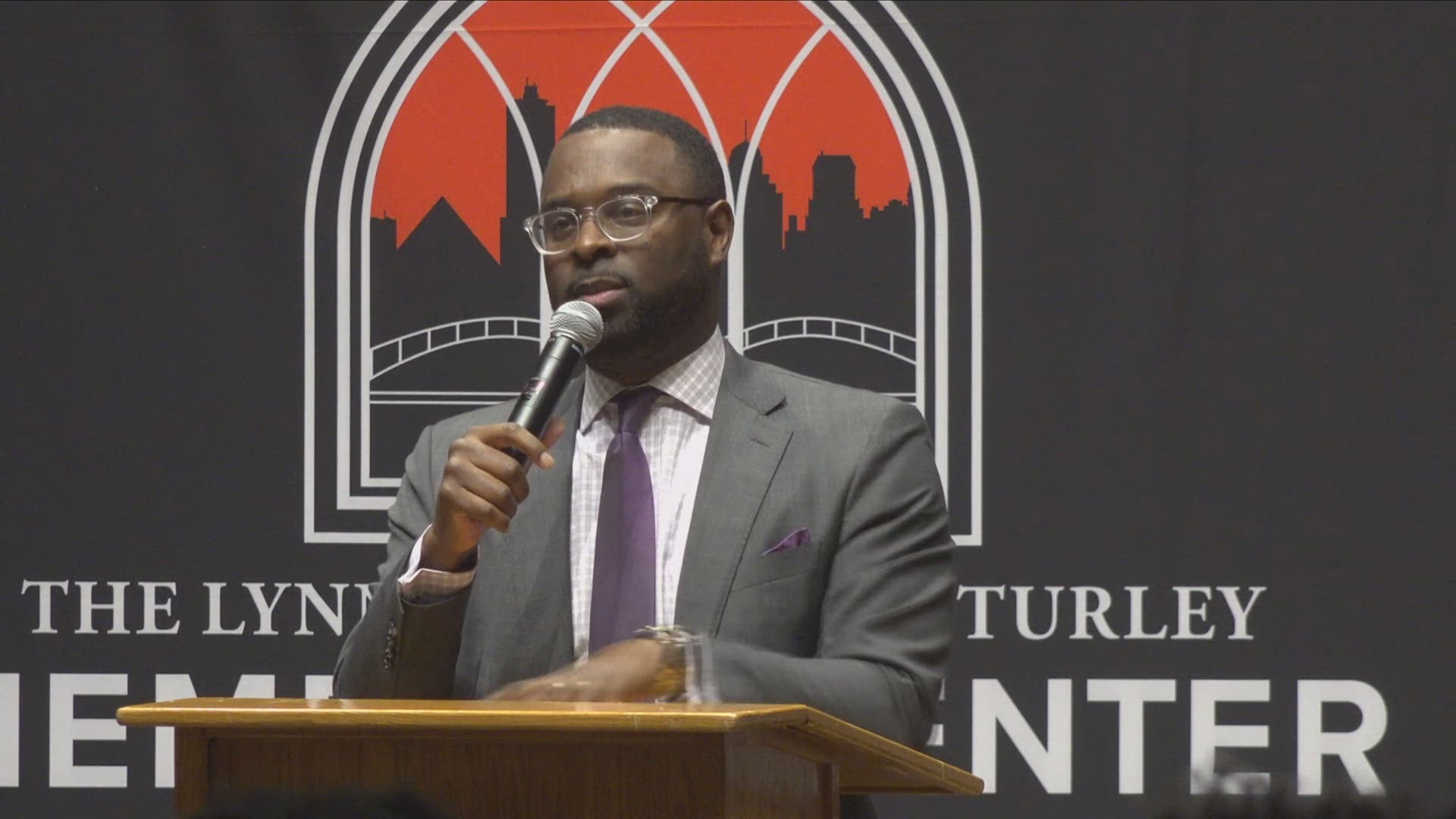PHNOM PENH, Cambodia — Cambodia on Friday said it is attempting to aid foreigners who have been victimized by human traffickers, after Taiwan said it is seeking to free more than 300 of its citizens who were lured to the Southeast Asian nation by organized crime groups.
The mostly well-educated young people were promised high wages for tech jobs, but then were forced to work in call centers, scamming mainly mainland Chinese into making payments for non-existent government fees or investment opportunities.
Interior Minister Sar Kheng said his ministry is launching a nationwide check of all foreigners living in Cambodia, aside from embassy personnel. He said it will search especially for foreigners who have been victimized by human traffickers.
He said police in two provinces, Kandal and Preah Sihanoukville, on Thursday checked the status of foreigners residing or working at hotels, rented properties and casinos.
Sar Kheng said several people were arrested on suspicion of organizing human trafficking and some apparent victims were taken into protection. Police were still trying to determine whether those who said they were victims were telling the truth, he said.
Sar Kheng did not specify how many people were rounded up or what their nationalities were, but confirmed that some foreigners told police that they had been attracted by what was portrayed as lawful jobs offering high salaries.
Upon arriving in Cambodia, however, they were forced to work illegally in jobs that were “not what they had agreed to," Sar Kheng said.
Separately, Deputy National Police chief Gen. Chhay Sinarith said in recent years Cambodian authorities have uncovered numerous illegal online schemes that lured illegal workers, and have arrested hundreds of people from China and Taiwan for involvement.
Scammers, mainly from China, have used Cambodia as a base for extorting money, Chhay Sinarith said.
Taiwan’s government on Friday said 333 of its citizens were stuck in Cambodia after being lured by crime groups promising high wages for tech jobs, based on reports from families asking for help. The situation is complicated further because Cambodia is a close ally of China and refuses to recognize Taiwan or have any official contacts with the government in Taipei.
Taiwanese media have been reporting extensively on the plight of those trapped by the networks. Police at Taiwan's main Taoyuan International Airport have been patrolling with signs warning of the dangers of bogus offers of high salaries in Southeast Asia.
Taiwanese authorities have also been reaching out to travel agencies to uncover the scams, and more than a dozen people have been arrested over recruitment schemes that aimed to dupe young people into jobs advertised as high-paying positions in computer engineering and similar fields.
It has also become a political issue, with the minority Nationalist Party accusing the governing Democratic Progressive Party of inaction on the matter. Premier Su Tseng-chang has called for diplomatic outreach and a crackdown on local criminal groups organizing the scams.
Nationalist Deputy Secretary General Lee Yen-hsiu said more public outreach is necessary to deal with the phony job offers.



